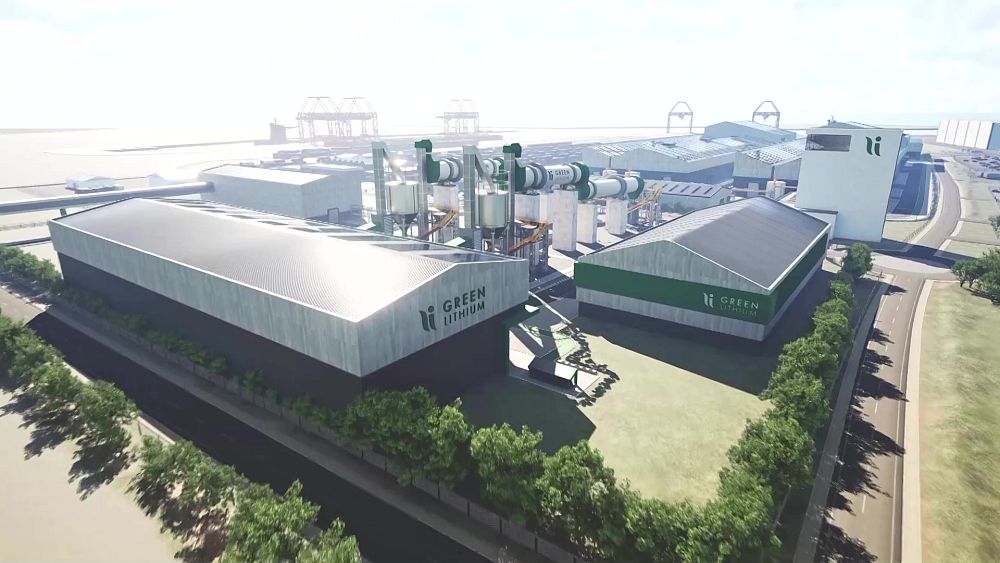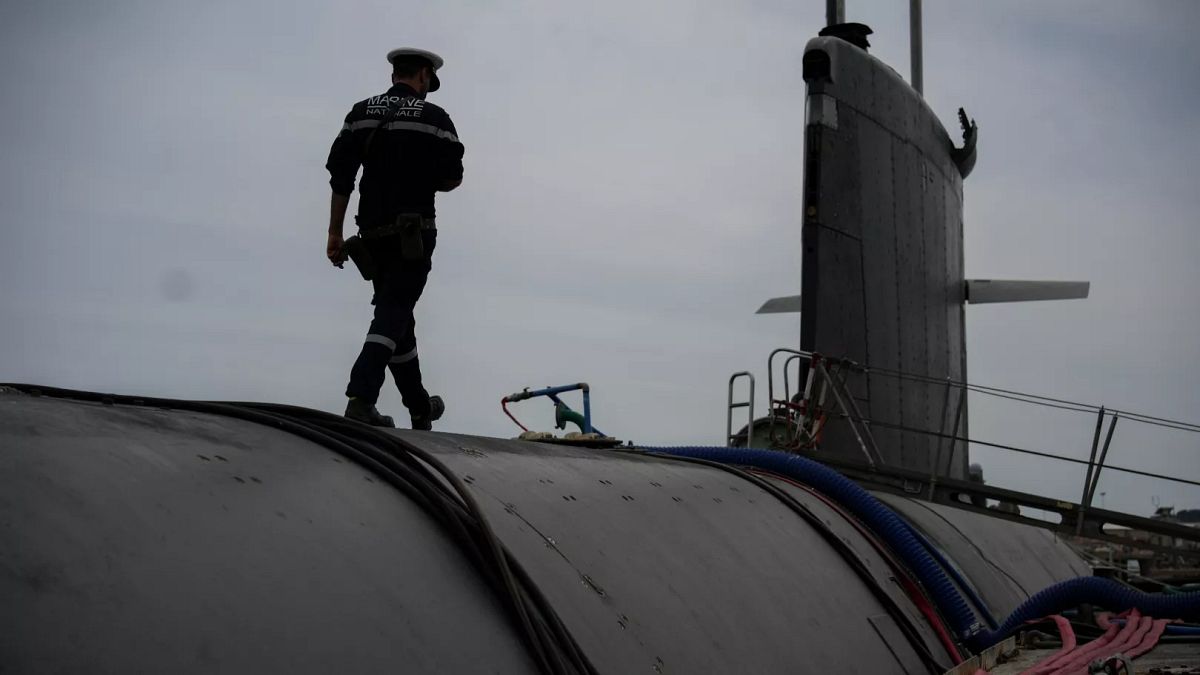UK building Europe’s first lithium refinery to power 1m electric cars

As well as providing batteries for the rising numbers of EVs, the plant expects to cut lithium’s current carbon footprint by 80 per cent.
The UK is building Europe’s first and largest lithium refinery to produce the much-sought-after material.
Demand for the ore metal has skyrocketed in recent years as the world doubles down on the transition to renewables. Lithium is a key component in the manufacturing of electric vehicle (EV) batteries.
Up to 60 per cent of new car sales by 2030 will use lithium-ion batteries. The battery of a Tesla Model S, for example, currently uses around 12 kg of lithium.
However, the boom in EV car building means manufacturers are reliant on East Asia, including China, where 89 per cent of the world’s lithium is currently refined.
The UK government has now given the green light to a UK-based company, Green Lithium for construction of a refinery in Teesside, England, in a bid to provide a vital boost to the UK and Europe’s car makers.
“It’s the growth in battery materials that’s required to power the electric revolution, the fact that we need electric vehicles, the fact that we need grid storage and domestic storage is producing a huge demand in battery chemicals in Europe and we think by 2030 we’re going to need about 800,000 tonnes per annum,” said Sean Sargent, Green Lithium’s CEO.
The plant will begin operations in 2027 and is expected to have an annual production capacity of 50,000 tonnes of battery-grade lithium chemicals, which is enough lithium to provide batteries for one million EV car batteries, according to the company.
‘A huge dividend in carbon reduction’
According to Green Lithium, the refinery in Teesside will import spodumene, a hard rock mineral, from Western Australia and process it at the facility to eventually extract the lithium and refine it to a chemical that can be used in batteries.
Lithium mining, however, is known to cause air pollution and soil contamination.
Green Lithium says it plans to reduce the carbon footprint of lithium refining by using low-energy processes, renewable electricity, hydrogen gas, and carbon capture technology to achieve an 80 per cent lower carbon footprint than traditional refineries.
“So the small price you pay for shipping the material to the UK is completely outweighed by the benefits of the decarbonised process we use in the UK,” said Sargent.
“So, straight away we start with a huge dividend in carbon reduction, but we’re also producing our chemicals sustainably,” he added.
For more on this story, watch the video in the media player above.
Source: Euro News















